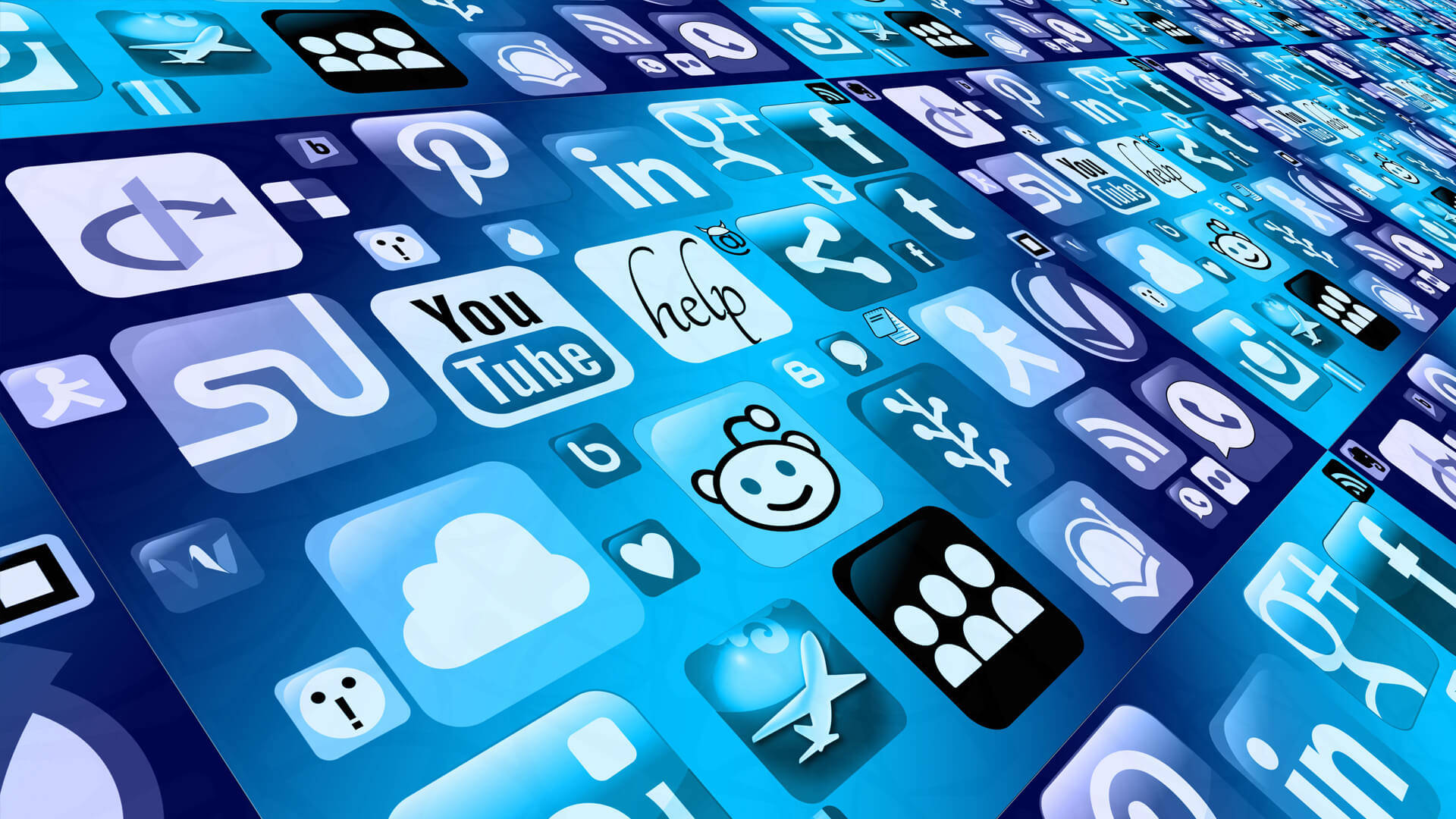Social media for healthcare professionals

Social media is growing in every direction and captures every profession; healthcare is not immune. More and more people are looking to research potential healthcare providers through social media. Patients no longer just want to know what you do but who you are, what you like and what you support.
Despite the rapid adoption by patients, healthcare providers have been less infectious on the uptake with only 9.5% of pharmacists, GPs, psychiatrists, social workers, dieticians, chiropractors, physiotherapists and optometrists surveyed using social media channels such as Facebook, Twitter, Blogs, YouTube, and Google for their practices.
This lack of participation is primarily due to fears of liability (see our blog Your Business and Social Media Liability), privacy infringements and lack of understanding of how social media can be used in healthcare. However, there is no need to run away from the possible benefits that social media can provide to healthcare providers.
What are the health benefits?
Social media provides a great platform for personal marketing. Healthcare professionals who have interacted with online patient communities found that the likelihood of recommendation increased dramatically. Patients want to see the ?person? behind the ?doctor?. In this sense doctors can add value to their services by demonstrating transparency without risking liability.
Social media for healthcare professionals has 3 key benefits:
- Attract New Patients
- Increase Patient Loyalty
- Achieve Greater Growth & Fulfillment
Patients are now using an assortment of online resources to find out more about their health ? be it a Google search of symptoms or mobile apps to monitor blood pressure or weight. Social media is a new personable online channel to provide healthy lifestyle advice and education to patients. Online communication technologies are at the forefront of how patients are interacting, experiencing, measuring and maintaining their own health.
Is there a prescription available?
To ensure doctors are adequately equipped with the knowledge needed to successfully master social media, the Australian Medical Association (AMA), in collaboration with three peak medical bodies, released online professionalism guidelines, Social Media and the Medical Profession; a guide to online professionalism for medical practitioners and medical students. The guide provides advice to health professionals and medical students about preserving their personal integrity and reputation when using social networking media.
Healthcare providers can best manage their social media channels and protect patient confidentiality and their medical careers with these simple precautions:
- Do not discuss your patients online – even seemingly anonymous comments can lead to identification.
- Do not practice medicine online – it seems obvious but is well worth being reminded of.
- Share information – keep your friends up to date with any new medical developments and promote quality care. Many Medical Institutes and Journals already have social media accounts, by following them and sharing relevant information you are encouraging knowledge growth.
- Focus on topics that interest you – by addressing societal issues that you are particularly passionate about the time spent managing your profile is enjoyable not taxing.
- Presume everything that you say can be found online again – even a deleted post can be seen again. Ask yourself before posting anything, even in a private message, would I mind if this was made public?
Can I effectively manage possible side effects?
While social media can be a way to inform patients about clinic opening hours, other practice-specific details or seasonal health information, the risks are always going to be there. However the risks can be managed and are not a reason to avoid social media altogether.
Healthcare practices should have a social media policy in place which regulates the use of social media in accordance to the practices objectives. Staff should be trained and provided adequate and accessible information about the risks of what they share, not only on the practices social media sites but also their personal accounts.
New age vs traditional remedies.
There’s no avoiding the fact that patients are driving the online revolution. While social media is infectious, many healthcare professionals agree it will only ever play a complementary role in delivering effective, personal healthcare. The core of good clinical practice is the face-to-face interaction.
When using any social media channel to promote your practice remember to monitor the vital signs and be aware of possible side effects.